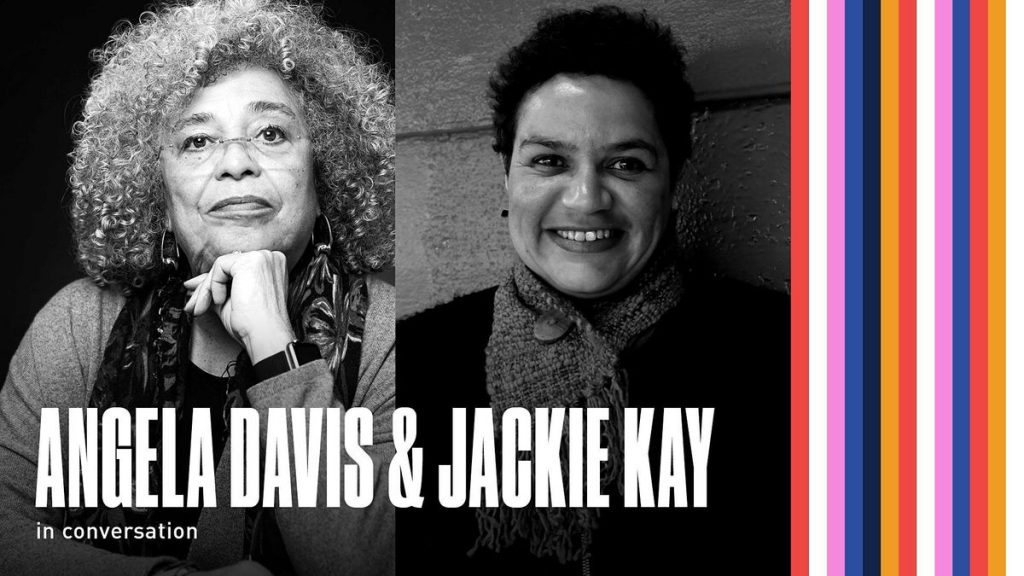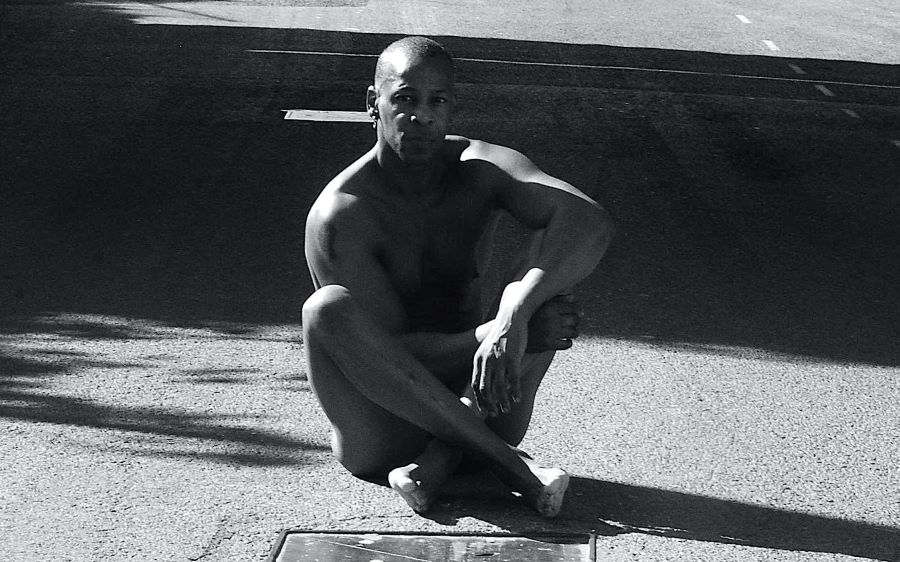Black History Month & Beyond
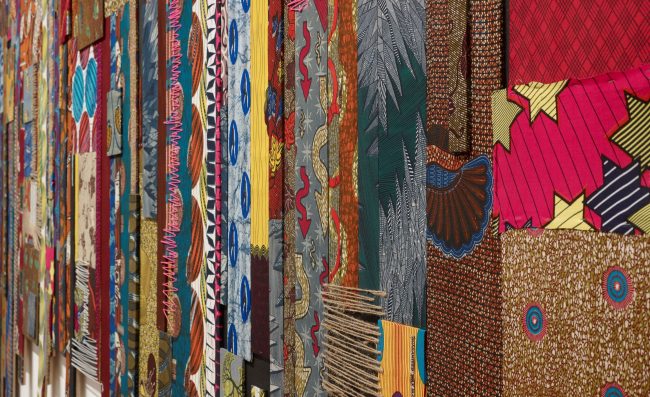
Black History Month & Beyond
As Black History Month draws to a close, our Artistic Director John McGrath reflects on the important conversations that continue to emerge and the ongoing work that we’re engaging in as an organisation and a sector
Black History Month is first and foremost an opportunity to celebrate the achievements of the Black artists, scientists, writers, sportspeople, politicians, campaigners, businesspeople, community leaders, and many more, who have contributed so much to our society over the centuries.
Over the past few weeks there have been a wealth of great performances and initiatives inspiring all of us with the richness of Black history and thought. Highlights for me in just the past few days have included an extraordinary interview between Jackie Kay and Angela Davis as part of Manchester Literature Festival, and the immensely rich programme of work in the weekend-long Black Gold Arts Festival, featuring such wonderful artists as Travis Alabanza, Topher Campbell, Cheryl Martin and many more.
While bringing great inspiration, these thinkers and artists have also encouraged all of us to reflect on the deep injustices that still run though our society and its institutions. Many of the speakers at Black Gold Arts in particular pointed to the systemic racism that still runs through Britain’s creative sector.
Back this summer when the brutal murder of George Floyd caused all eyes to turn to the United States and the racism that afflicts police forces there, it was relatively easy for those of us in the UK all to see the problem and to call out that murderous racism for what it was. However, as voices on this side of the Atlantic rightly emphasised at the time, there is no lasting value in condemning a problem elsewhere if we aren’t ready to examine our own shortcomings. In Britain, our history of colonialism, and the ways in which it is memorialised and even celebrated, came under scrutiny, with brilliant interventions by the likes of historian David Olusoga and historic moments such as the toppling of the statue of Edward Colston in Bristol.
And, as we started to reflect on the stories that we tell about our society and history, the institutions that tell those stories – our media and arts organisations – also came under scrutiny. Brave individuals started telling their personal stories, some quietly, some very publicly – established Black artists treated like perpetual new arrivals by white taste-makers, Black staff unable to find career progression despite being more qualified than white peers, Black young people feeling that there are no role models or pathways for them within the arts organisations they aspire to be part of. While our cultural institutions should, and in many cases try to, celebrate Black achievements, that effort was being undermined by the very culture of the organisations charged with telling and nurturing our society’s stories.
The phrase ‘systemic racism’ can seem like a frightening one – as it perhaps implies a disease that runs through everything. But it’s actually a very useful term as it reminds each of us that our role isn’t just to say, or even simply do, the right thing, but rather that we need to examine the systems we are part of, and get down to the work of fixing them. And so, at MIF we have, over the past months been examining the ways in which systemic racism affects our organisation and the sector we are part of. And we’ve been developing actions and plans to address the issue.
We have been guided in this work by a brilliant group of staff members, whose lived experience of racism has informed all of our discussions. However, we know that this effort is something that must be equally shared by each of us, so, since July, we have been meeting in small staff groups monthly – with all staff members participating – to develop a detailed plan which will move us towards proper representation and anti-racism in all our activity. The process has been steered by our Race Representation Group (which is part of our longstanding Equalities framework, also involving groups addressing LGBTQ+ Equality, Disabled People’s Equality and Access, Gender Equality, and Class/Social Mobility) working closely with our Executive team to action the plan.
The results are truly exciting, with initiatives ranging from comprehensive training through to an Equalities Library and addressing all areas of the company from recruitment to programming. The work has been inspiring, challenging, and sometimes sobering. Speaking personally, the biggest lesson I have learned from this process is how much we still need to do to create a truly inclusive organisational culture. We must ensure that everyone really feels that they can bring the full richness of their experience into the workplace and into our conversations and discussions. And we must each be ready to learn about our biases and assumptions.
Our board has also been having some deep and honest discussions and our plans to develop a truly inclusive culture and ever-more representative team will be as actively pursued at board level as they are elsewhere in the organisation.
But it’s not all about plans and the future. What we do right now is equally important. I’ve been proud of the ways in which our team has reached out to support and profile Black artists over the past months. Some of my most inspiring encounters over the summer were talks at our online Artist Drop Ins by the likes of Ivan Blackstock, Yandass Ndlovu, Christian Asare, Layfullstop, and many more.
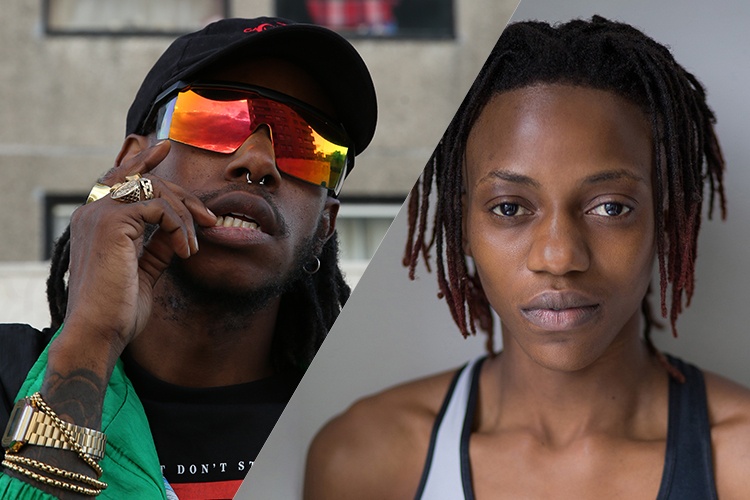
Black artists from across the world have been a big part of our artistic programme over recent years, with the likes of Trajal Harrell, Janelle Monáe and FlexN (US), Ibrahim Mahama (Ghana), and Kemang wa Lehulere (South Africa) all central to the MIF 2019 programme alongside Black British artists such as Kwame Kwei-Armah, Idris Elba, Skepta and the Young Identity poets.
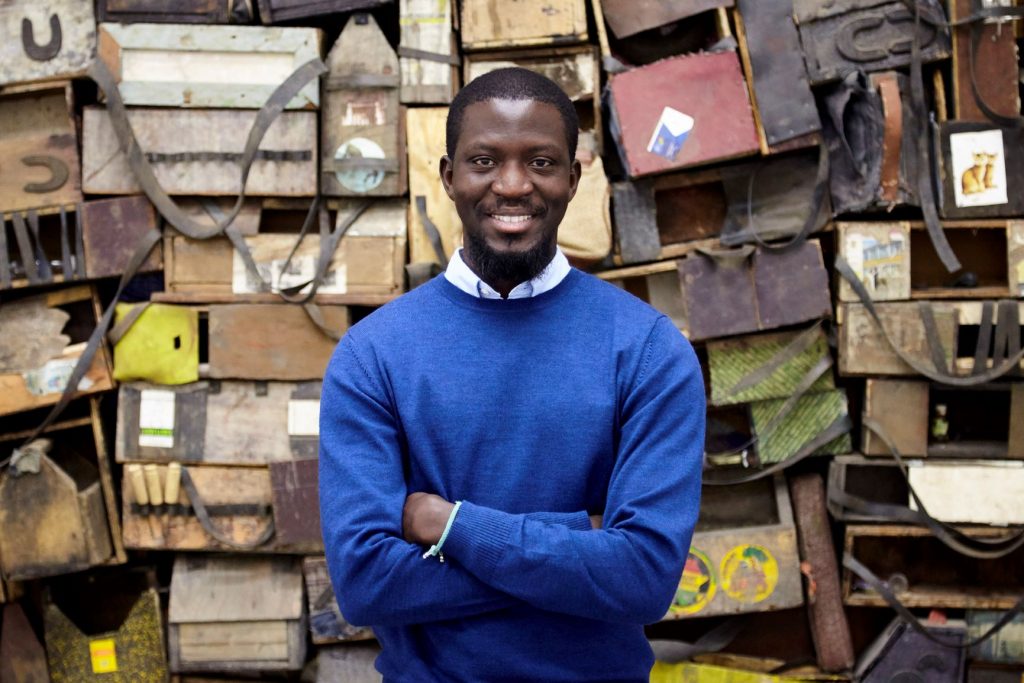
But through our artist drop-ins and staff consultations, we’ve recognised that we have a wider role to play in developing support systems and pathways for Black artists. An increasingly representative curatorial team will be really important in re-thinking how and why decisions get made.
We also have a responsibility beyond our own organisation, to the sector. Senior leadership in Manchester’s cultural institutions, including MIF, is disproportionately white, and this has implications beyond any one organisation on the aspirations and opportunities for Black artists, producers, technicians, arts managers, and for those who aspire to these roles. Working in partnership with many of the region’s arts institutions, MIF is undertaking urgent work around leadership, recruitment and wider representation across our arts and culture sector.
But, as with much of the powerful activism coming out of the Black Lives Matter movement, perhaps the most inspiring, and challenging, work at MIF has come from our young people. The MIF Young People’s Forum, a group of artists, producers and cultural activists who help guide the company’s decision-making and ethos, has been an important part of our community for several years now; but in the past few months, the forum has taken a particularly active role in holding MIF and the wider cultural sector to account – and in providing pointers towards a better future. They organised and hosted A Conversation for Change back in July, featuring the voices of some extraordinary Black young people, and attended by over 50 representatives of Greater Manchester’s cultural organisations.
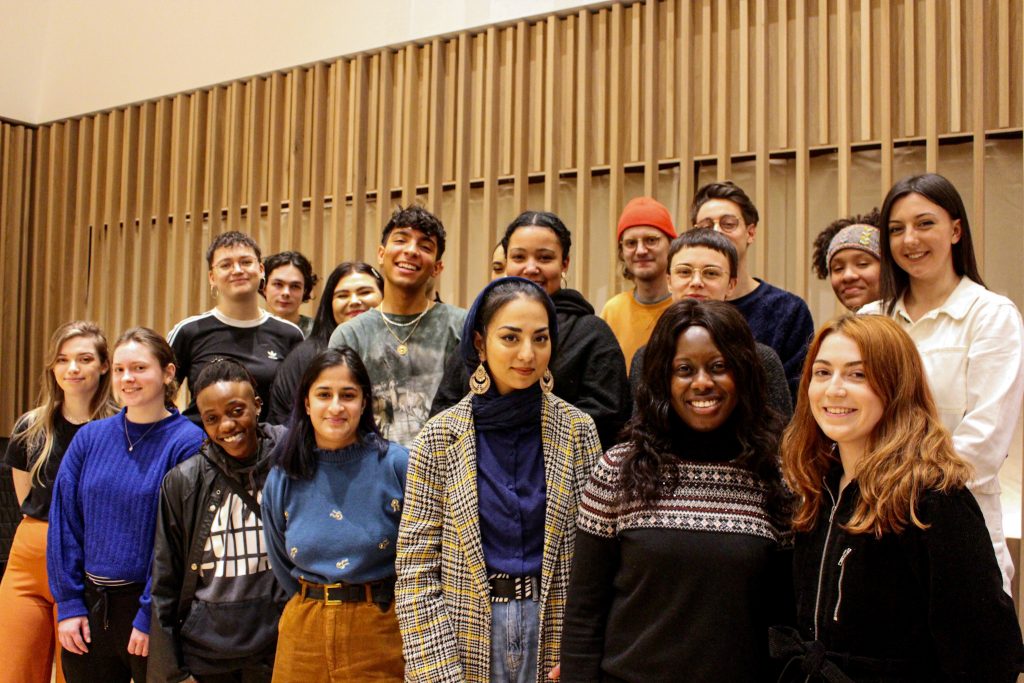
From this starting point the forum has developed a powerful manifesto which they will soon be sharing widely with the sector. The manifesto is ambitious in its scope and specific in its demands. At its heart it calls on all of us to remove barriers, embrace learning, and plan for change. Working together, we can and must ensure that our cultural organisations start to truly reflect the diversity of the city we are so proud to call home.




